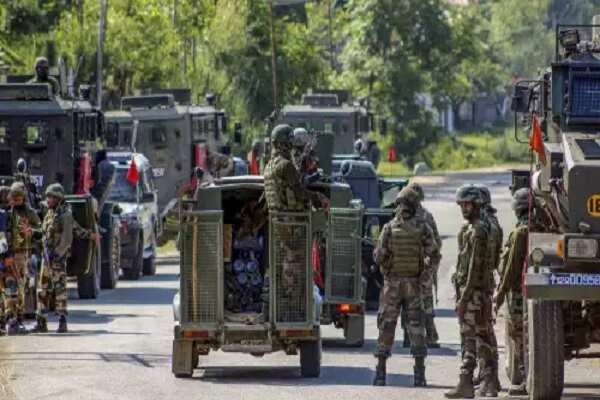In recent developments, Canada’s government has acknowledged the presence of Khalistani terror groups operating within its borders, a significant admission that highlights the complexities of national security and the challenges of managing diverse ethnic communities. The Khalistani movement, which seeks to establish a separate Sikh state in India, has been a source of contention for decades, with various factions advocating for their cause through both peaceful means and violent extremism. This recognition by Canadian officials not only underscores the impact of international terrorism on domestic policies but also raises questions about the extent to which foreign ideologies can influence local communities.
Canada’s admission comes in the wake of increased scrutiny regarding the funding and support networks that facilitate these extremist groups. Reports indicate that some of these organizations have been able to raise funds within Canada, often under the guise of legitimate charitable activities. This raises alarms about the effectiveness of existing regulations and the need for enhanced oversight to prevent the financing of terrorism. The government has indicated that it will take a more proactive approach to monitor and potentially dismantle these networks, reflecting a growing awareness of the threat posed by radical elements in society.
Moreover, the acknowledgment of Khalistani terrorism highlights the broader implications for Canada’s multicultural framework. While the country prides itself on being a mosaic of cultures and communities, it faces the challenge of balancing freedom of expression with the need to prevent the spread of extremist ideologies. The situation calls for a nuanced approach that promotes dialogue and understanding among diverse groups while firmly addressing those who resort to violence. The government must engage with Sikh communities to foster a spirit of cooperation and to ensure that the legitimate aspirations for cultural identity do not morph into support for violent extremism.
As Canada navigates this complex landscape, the challenge will be to implement effective policies that protect national security interests without alienating specific communities. The recent admission serves as a wake-up call, prompting not only governmental action but also community engagement to counter radicalization. Moving forward, it is crucial for Canadian authorities to work collaboratively with local leaders to promote peace and understanding, ensuring that the narrative surrounding the Khalistani movement does not overshadow the many contributions of the Sikh community to Canadian society. By addressing these issues head-on, Canada can better safeguard its values while promoting inclusivity and respect for all its citizens.




